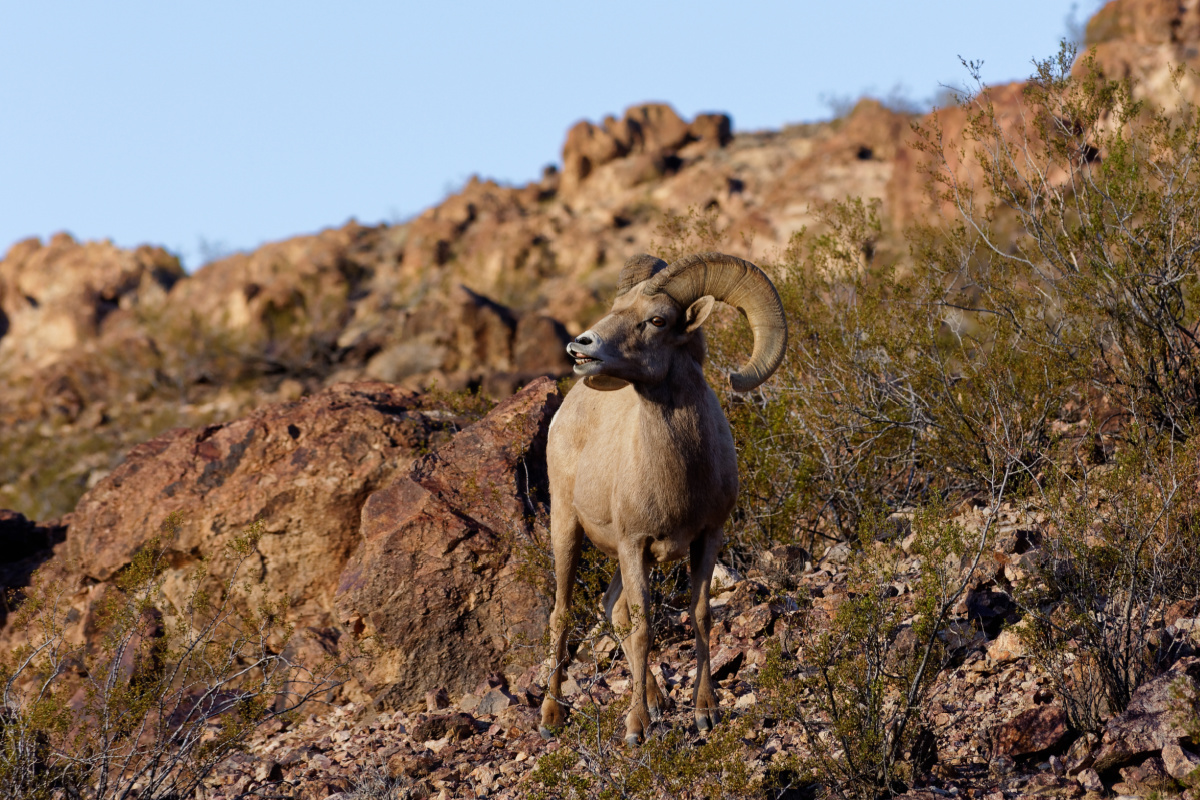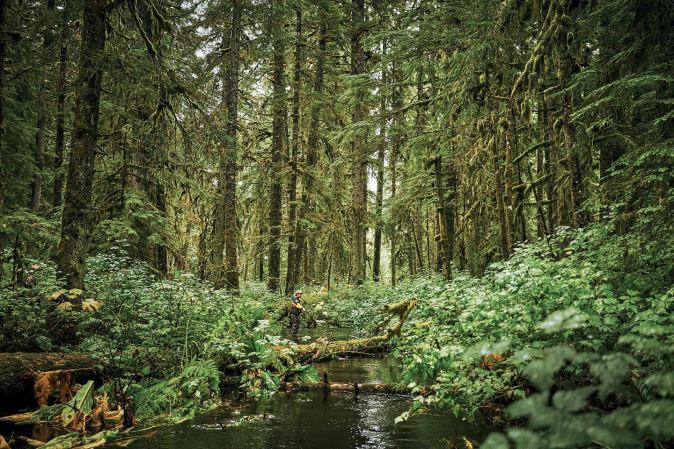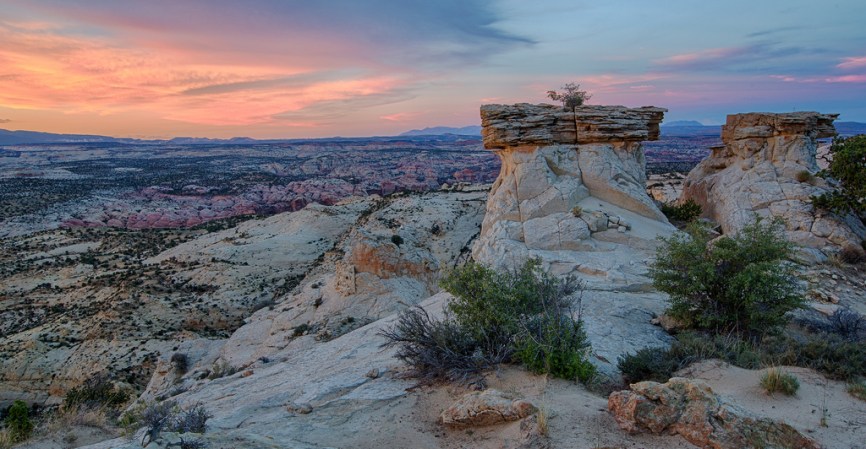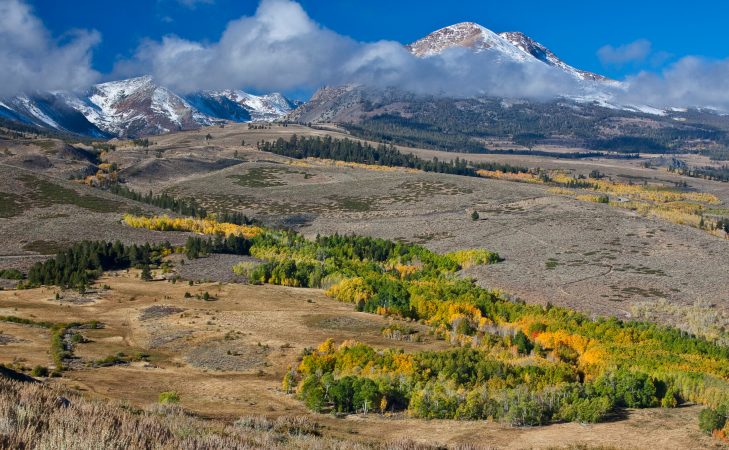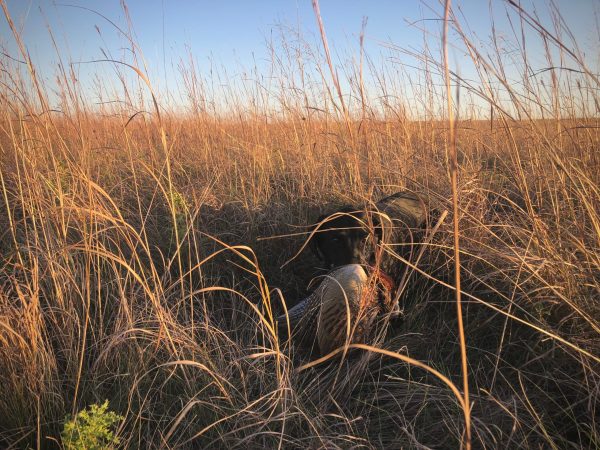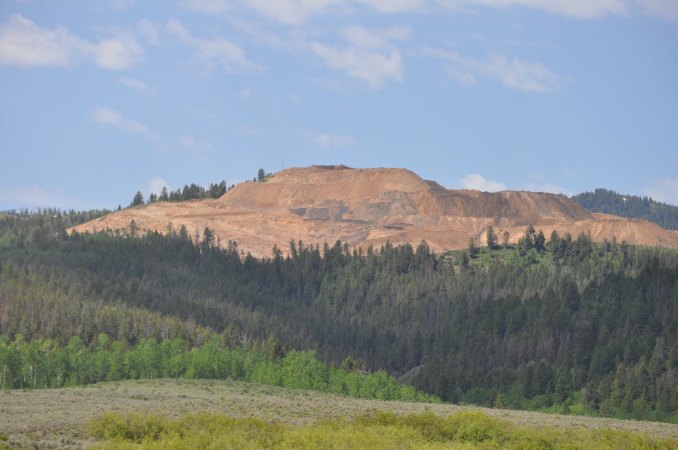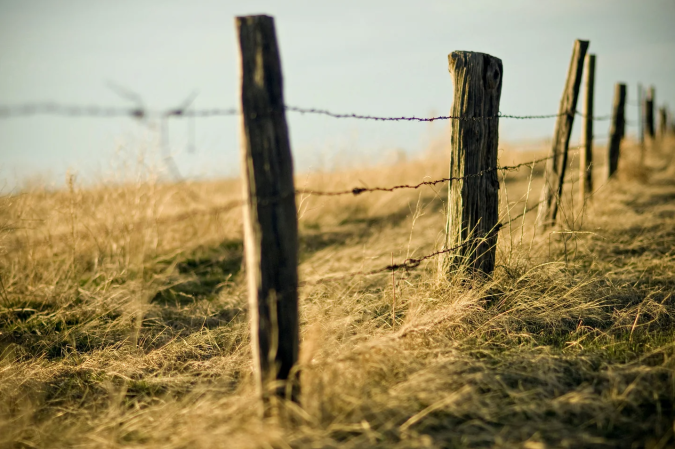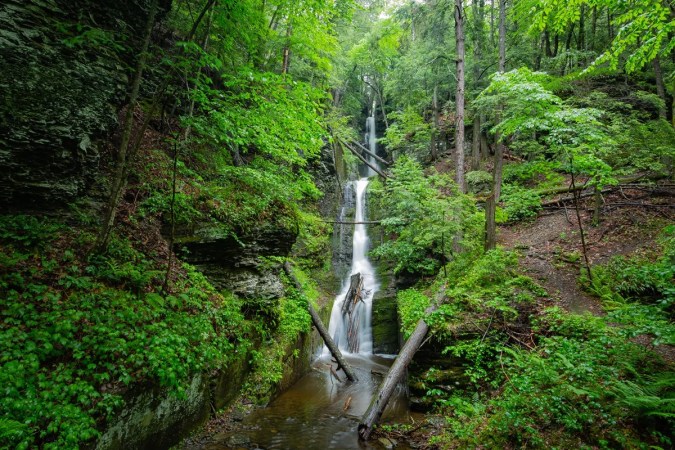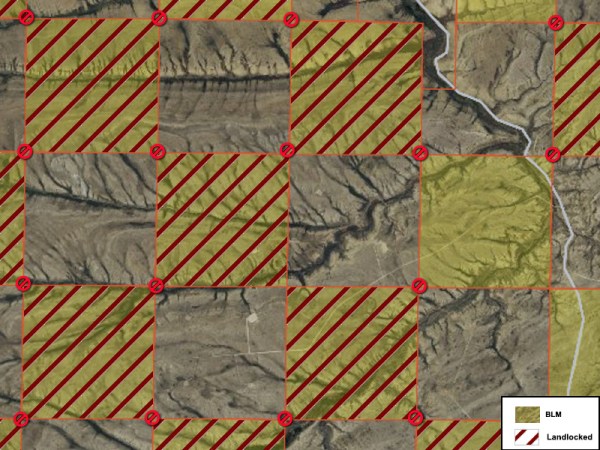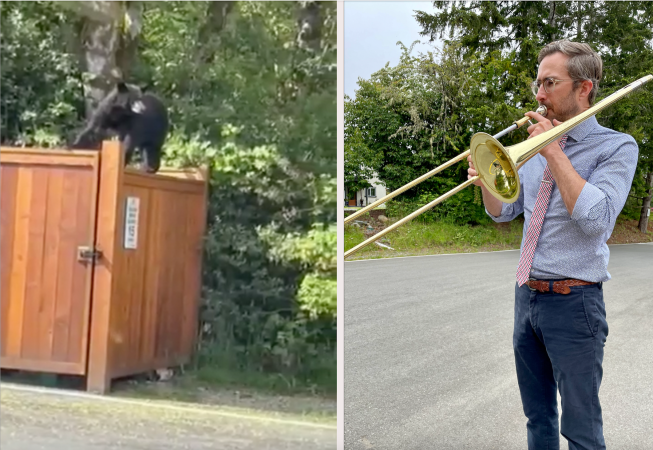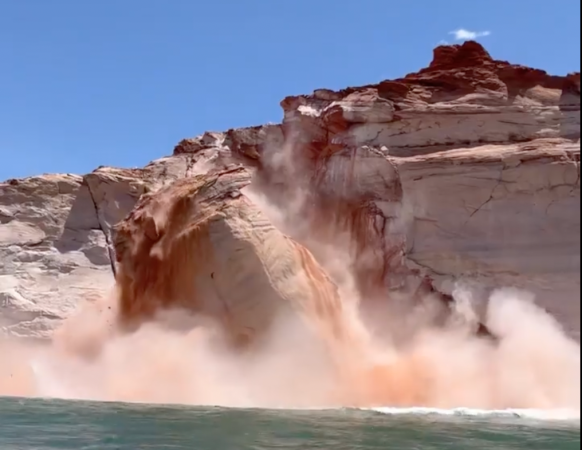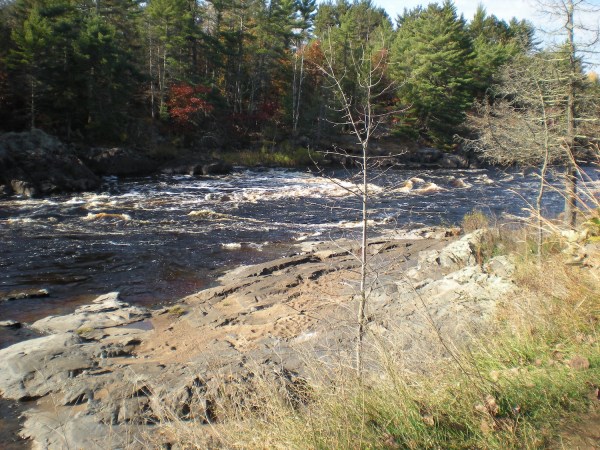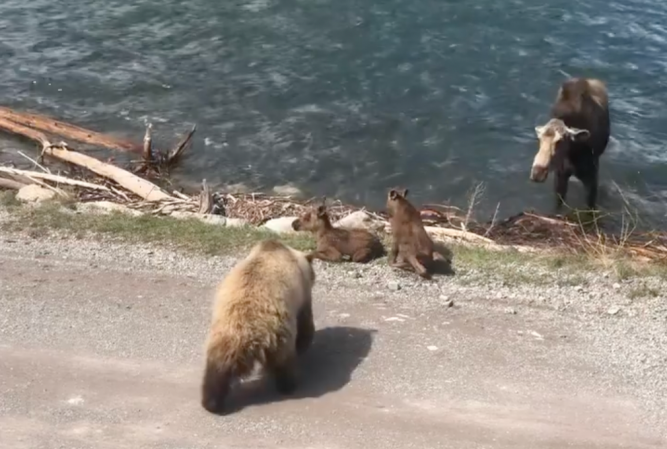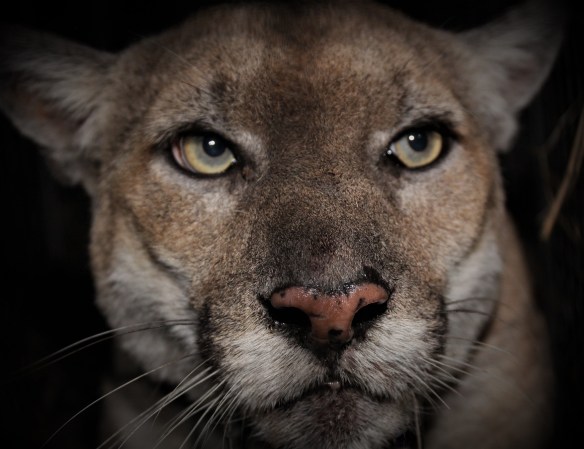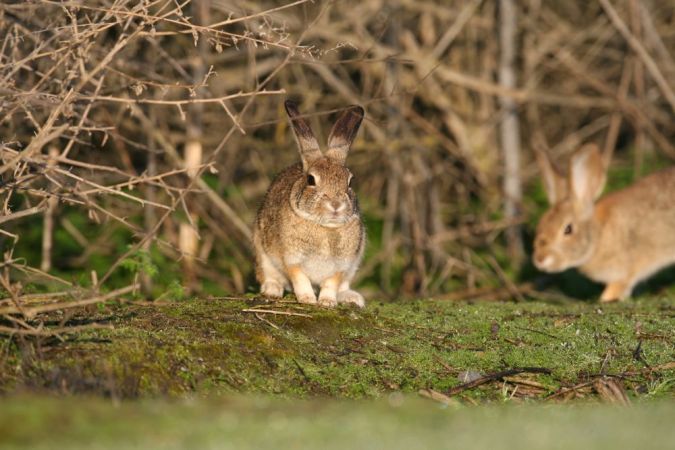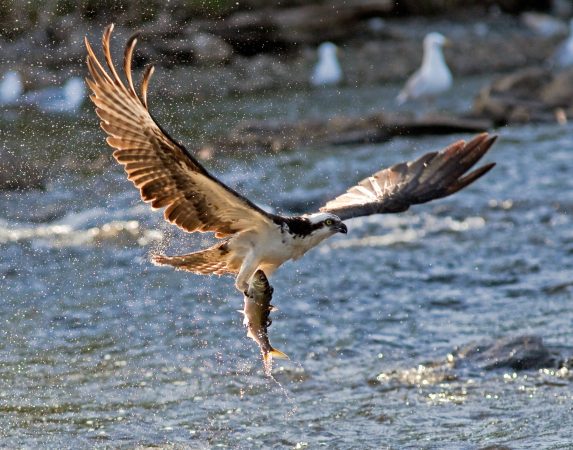On Wednesday, Dec. 30 at the White House National Tribal Nations Summit in Washington D.C., president Joe Biden pledged to designate a new national monument in southern Nevada that would protect culturally significant lands and land features and crucial wildlife habitat from future development. The Avi Kwa Ame National Monument would encompass a large area around an already-designated wilderness area protecting Spirit Mountain, or “Avi Kwa Ame” in Mojave. That wilderness area is 33,000 acres, meaning the national monument designation would grow the protected area more than tenfold.
“When it comes to Spirit Mountain and the surrounding ridges and canyons, I’m committed to protecting this sacred place that is central to the creation story of so many tribes that are here today,” Biden said in his speech announcing the mounument.
Avi Kwa Ame and the surrounding land serves as a cultural bedrock for 12 Indigenous tribes in the area—the Hopi, Chemehuevi Paiute, and 10 Yuman-speaking tribes. Nevada Congresswoman Dina Titus authored the “Avi Kwa Ame National Monument Establishment Act of 2022” after collaborating with Indigenous leaders, business owners in nearby Boulder City, conservationists, and others.
“The Fort Mojave Indian Tribe thanks Congresswoman Titus for her leadership and actions to establish the Avi Kwa Ame National Monument,” Fort Mojave Indian Tribal chairman Timothy Williams said in a press release. “Avi Kwa Ame is a unique cultural landscape that is the center of creation for Mojave people and we are grateful it will remain protected. Knowing our future generations will have the freedom to continue our cultural and religious practices as we have since time immemorial is both a model of inclusivity and a promise to honor the strength of Nevada’s diversity.”
The area is largely undeveloped and was poised for a wind farm project last year, proposed by Swedish company Eolus Vind AB. But the Kulning Wind project died a slow death at the hands of the Bureau of Land Management and the organizations fighting to protect the region. This Eolus Vind’s Crescent Peak Wind project proposal met a similar fate in 2018.
Biden’s pledge comes as his administration simultaneously pushes for a domestic renewable energy build-up, which poses some challenges in defending the designation to those who support natural resource extraction and the accompanying economic booms to nearby communities. Still, conservation groups across the country applaud the decision as it staves off development in crucial bighorn sheep and desert tortoise habitat. Desert mule deer, pronghorn, golden eagles, and many other species also call this area home. National monuments are open to hunting, fishing, and other recreation of all kinds, which also drives tourism dollars and funds state wildlife management. The Nevada Department of Wildlife will continue to operate within the designated area as the primary wildlife conservation agency.
“The Nevada chapter of Backcountry Hunters & Anglers is heartened by the united support shown by these diverse voices for the permanent conservation of this unique region and important wildlife habitat in southern Nevada,” said Nevada Backcountry Hunters and Anglers board member Karen Boeger in a press release. “We are proud to stand shoulder to shoulder with other members of our community in urging the administration to act now in conserving Avi Kwa Ame for future generations to experience and enjoy.”

